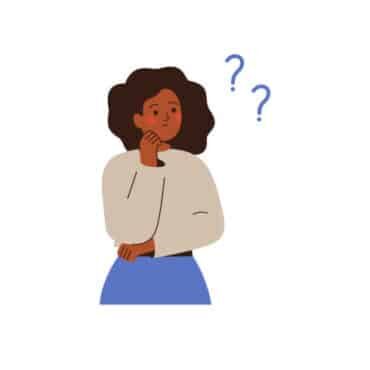

The Power of Regret
By Christine Coyle | May 2, 2022
Are you one of those people who “lives with no regrets?” Or are you more like me: erring on the side of caution and later thinking, “should I have done that thing?” which sometimes lead to shame or guilt or regret.
I think we can all agree that shame, guilt and regret tend to feel unpleasant. And according to David Pink, author of The Power of Regret: How Looking Backwards Moves Us Forward, we’ve done a poor job being taught how to cope with unpleasant feelings. As a therapist, I concur with this assessment. Instead of learning how to validate, cope with and accept, we tend to avoid, suppress, and ignore feelings that make us feel bad. And over time, it leads to inability to tolerate negative emotions at all.
David Pink says,
“Regret is our most common negative emotion.”
He adds that,
“We’ve gotten this emotion entirely wrong.”
Pink says that regrets actually make us better. The challenge lies in learning to sit with the emotions that come up when we experience regret. It takes tremendous courage to tackle regret. And with a healthy dose of self-compassion.
When talking about regret, I inevitably think about empathy as well. Oftentimes when a person regrets something, they might say, “but at least…”
Brene’ Brown would say that rarely, if ever, does an empathetic response begin with “at least”. Even if you’re saying it to yourself. This is the place where we might get stuck and fall into judgment, shame or regret. And then quickly do something to counteract that feeling because it’s uncomfortable. What if instead we practiced more self-compassion, learned to embrace imperfection, and used words like “and” instead of “but” or “at least”.
We don’t know the outcome of a decision until we make it. And there could be multiple outcomes. This leads me to believe that regrets are an inevitable part of our lives. You may regret what you did or said or regret not saying or doing that thing. So is it a lose/lose? I don’t think it has to be…not if you consider the power of regret as a learning experience and meet it with courage and self-compassion. Self-compassion is NOT self-esteem or self-criticism. Self-compassion reminds us that we are all part of the human condition.
This is easier said than done, especially when you consider the different layers of regret. Maybe you passed on going to a movie with friends and can see the film later. But what if you chose not to study abroad or to stay in a job you disliked rather than start your own business? Some decisions hold much more weight than others.
So how do we cope with regret? Pink suggests several tasks. First, offer yourself compassion. Second, find someone to talk to and disclose your regret in some capacity. And third, decide if anything can be learned from the experience. That doesn’t mean there’s always a lesson to be extracted from regret and you should not have to force one. “Regrets [can] become lessons for progress, connection, love, the best things in life.”
What do you think about regret moving forward? Does this change your relationship with regret?
Resources:
https://www.danpink.com/the-power-of-regret/


